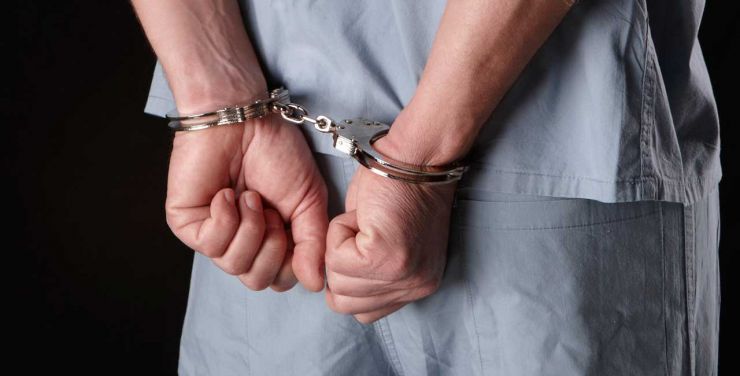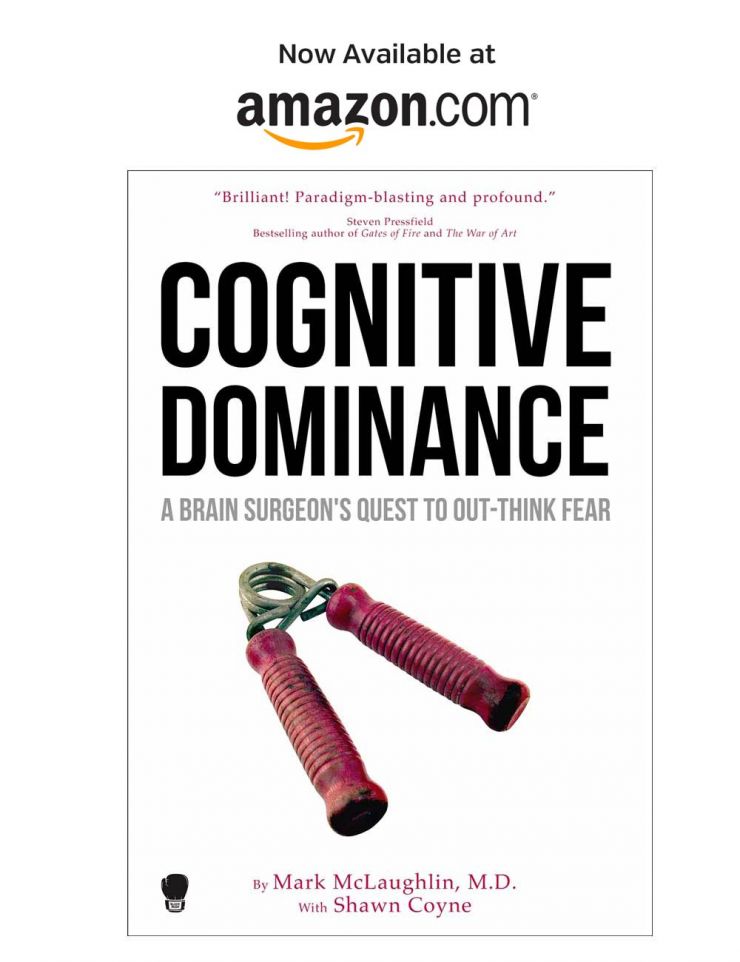From Do No Harm to Do Harm: A Neurosurgeon’s Path to Madness?

I am saddened, concerned, and troubled.
Sadness
A few days ago I read about a Plano, Texas neurosurgeon Christopher Duntsch, who had been sentenced to life in prison for what the news headline described as “botched’ surgery. I was saddened to learn that patients had suffered injury at the hands of a doctor they had trusted to help them in their time of need. I am saddened by the pain and suffering of his patients, their families and friends.
If pressed, any surgeon will tell you how absolutely devastating it is when a patient is harmed during a surgery. A neurosurgeon spends years pursuing training that allows him or her to treat and help patients with their health problems. It is not something that is undertaken lightly. Choosing to be a neurosurgeon has an impact on your loved ones and it’s a commitment that takes many years of brutally hard work to attain. It requires choosing to forgo many of the things that the average 30 year old takes for granted, to dedicate oneself to pursuing the singular goal of becoming a neurosurgeon.
In fact, according to my calculations, an average neurosurgeon completes 50,000 hours of training over seven intense years before becoming a newly minted neurosurgeon. That is five times more performance hours than expert Anders Ericsson suggests is a necessary condition for attaining expert status in any endeavor. And remember that is just coming out of the gate, at the start of one’s career. All neurosurgeons would agree that although one is competent after completing a residency, new neurosurgeons are hardly experienced in this gargantuan field of knowledge and experience. Becoming a seasoned neurosurgeon is a lifelong commitment.
Candidly, it is difficult for me to imagine someone undergoing neurosurgical training without a deep and abiding desire to help people.
Concern
I’m concerned because I know that patients may read about Duntsch and think that malpractice is somehow involved, or that the story means surgeon error is common and that a potential surgery may have higher risk than what your surgeon tells you. Surgery can be scary enough for a patient without having the additional worry of reading stories like this.
To me, this was not a malpractice case. The district attorney investigated and ultimately a grand Jury returned five indictments of aggravated assault and one of harming an elderly person. The D.A. chose to prosecute the last of those criminal charges: injury to an elderly individual — a first-degree felony which occurs when a person "intentionally, knowingly, recklessly, or with criminal negligence" injures an elderly person. This was seen as the quickest and most effective way to prevent Duntsch from treating patients.
There seems little doubt that Duntsch either killed or maimed a number of patients. Although I have not seen the evidence presented at trial, a deep reading of the news story and its background make it almost impossible to believe that malpractice was in any way a factor. It would seem that instead of being incompetent, Duntsch set out to harm people through egregious substandard care.
The trial lasted 13 days. The jury found Duntsch guilty of a criminal act and he was sentenced to life in prison. He was not sentenced for malpractice or incompetence. He was sentenced as a criminal, guilty of heinous acts.
Troubled
Lastly, I am troubled, as a physician and as a citizen.
- The underfunded and undermanned administrative board in Texas did not rapidly identify the problems with Duntsch performing surgery.
- The system did not remove Duntsch a very long time ago.
- It appears that his medical colleagues did not try hard enough to limit the suffering caused by Duntsch.
- Concerns about being sued for slander or defamation may have discouraged action by people who knew in their hearts that Duntsch should not be performing surgery.
I am at a loss to understand the seeming failure of the medical profession – one that I believe in and have wanted to be a part for as long as I can remember.
One of the biggest challenges of neurosurgery is the self-imposed demand for perfection. Yet the cold reality is that not every surgery goes perfectly. Surgery is performed by humans and we are imperfect. Sometimes a nerve is not exactly where the anatomy textbook says it should be. Sometimes the human body reacts unpredictably. Sometimes things happen for no apparent reason at all.
When this occurs, the truth is that surgeons will find themselves replaying the surgery over and over in their mind’s eye, trying desperately to see if there was anything that could or should have been done differently. It is a traumatic experience for surgeons to fear that they performed with anything less than perfection. But where was that honest and self-critical analysis when it came to Duntsch, who clearly did not possess the instinct or moral compass that medicine demands and was apparently unable to fulfill the sacred promise he had made.
What Can We Learn from this Tragedy?
Although we may shed no tears for Duntsch, the potential criminalization of medical mistakes is chilling to me. It appears that Duntsch’s conduct was so far beyond the scope of medical care that it merited criminal punishment. But once opened, doors tend to swing wider. The idea that some future dedicated surgeon’s operating room error could lead to criminal charges cannot be conducive to ensuring our best minds continue to go into medicine and seek the hardest and most demanding of practices. We must learn the right lessons from this sad case.
For some 2,500 years, the Hippocratic Oath or some form of it has been taken by doctors as they begin their new life as a physician. The new doctor swears to never knowingly do harm to any person whether physical, personal, or emotional. The new physician makes that solemn oath personally, to peers and to society as a whole.
As I mentioned at the beginning of this piece, one needs to be committed to caring for others before considering going through the process of becoming a neurosurgeon. This may be why medical authorities did not act as decisively as they should have. It may have been difficult to reconcile the oath and training with Duntsch’s behavior. Duntsch was the ultimate outlier, someone performing surgery with no apparent concern for his patients. Medicine is not well equipped to police or even recognize sociopaths. We must improve our ability to rapidly identify and quarantine them.
The impetus for my communication is to help patients and the general public to understand that this was HARDLY a case of malpractice. Malpractice is rare. This tragic story is a tale of something almost exponentially more unusual. It is a story of wanton disregard for patients and for society as a whole.
As a neurosurgeon, I find myself grappling to understand how such a thing could happen. I know that many of my peers are asking themselves the same thing.
At its worst, this was a case of a licensed physician sociopath unleashed upon society or, at best, a story of a very talented young man who slipped into drugs or madness or a combination of both.
https://www.texasobserver.org/anatomy-tragedy/
http://www.dmagazine.com/publications/d-magazine/2016/november/christopher-duntsch-dr-death/
Pardon the Interruption!
I would appreciate it, if you would sign up now to subscribe to my monthly Newsletter. Stay up-to-date as I discuss medicine, wrestling, personal growth, cognitive dominance, and other issues which intrigue me.
Warm Regards
Mark
